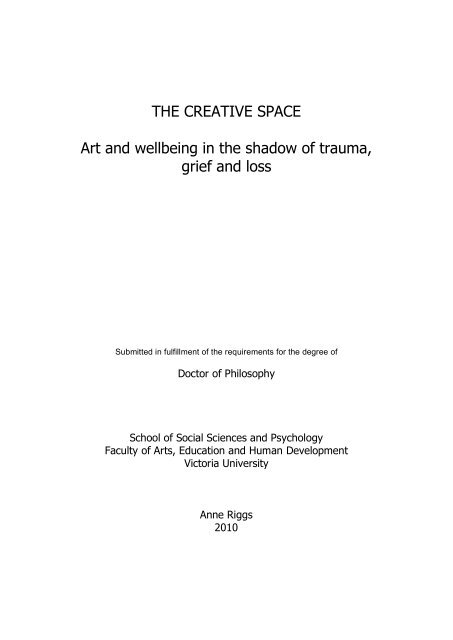
## The Quest for a Healthier Existence: Exploring the Genuine Obstacles of Contemporary Wellness
**”You can reach a hundred years old if you sacrifice all those things that make you wish to live to that age,”** Woody Allen famously remarked. His biting humor points to a significant truth about human behavior and the quest for longevity—it’s challenging to adhere to habits we recognize as “beneficial” if they deprive us of the joys that add excitement to life. This idea lies at the heart of why various modern wellness trends, like the shift towards organic and additive-free foods, often gain popularity yet fail to address the more profound issue of enhancing collective health.
In the previous year, I discussed a true wellness icon, Food Babe, a blogger who has garnered millions of followers through her fight against artificial ingredients and genetically modified organisms (GMOs) in our diets. She utilized these platforms, along with her subsequent book, to establish herself as a champion for public health by “exposing” the risks associated with everyday foods. Her method aligns with a prevalent cultural fascination with all things natural. However, while I concur with her that there are pressing issues in the modern American lifestyle—particularly poor diet and insufficient physical activity—her emphasis on chemical additives and GMOs overlooks the broader perspective.
### The Fixation on “Natural” and the Misleading Dialogue on Chemicals
In recent times, a noticeable disdain for artificial elements has spread throughout the wellness community. This trend embodies an almost instinctual rejection of anything deemed “unnatural,” but herein lies the dilemma—what qualifies as “natural” is often vaguely defined and not inherently linked to being “healthy.” Consider GMOs, for instance. Despite alarmist rhetoric from food advocates like Food Babe, there is **a significant volume of research** indicating that GMOs are entirely safe for human ingestion. Furthermore, **many artificial additives in foods, such as potassium sorbate or food dyes**, have been thoroughly studied and deemed safe by organizations like the U.S. Food and Drug Administration (FDA) when utilized within regulated limits.
Food Babe’s expanding platform, which hinges on raising concerns about chemicals, is effective in its straightforwardness—yet it causes consumers to overlook the fundamental causes of negative health outcomes in contemporary society. She and others criticizing artificial ingredients advocate for organic or “natural” substitutes, but as **countless studies** have demonstrated, consuming organic fried foods as opposed to fried foods with chemical additives is nutritionally equivalent if the primary issue remains: **we’re eating too much fried food to begin with**.
### The Core Problem: A Diet Low in Vegetables and Grains, High in Sugars and Fats
What then are the genuine factors contributing to health crises in America, such as obesity, heart disease, and diabetes? Researchers, nutritionists, and public health organizations like the **American Cancer Society** and **American Heart Association** have consistently remarked: the American diet is detrimental due to its lack of vegetables, fruits, and whole grains, while being excessively high in sugars, fats, and processed foods.
The typical American diet falls significantly short of the advice to restrict red and processed meats, instead focusing on plant-based foods and increasing fiber intake for improved health results. A deficiency in regular exercise exacerbates the problem. Yet, let’s face it—no one requires an expert to enlighten us about what we instinctively understand. **We require healthier, more well-rounded diets and increased physical activity**.
What has complicated adherence to these straightforward guidelines more than ever? The answers are deeply rooted in both our evolutionary past and contemporary culture.
### Evolutionary Cravings Amidst Food Abundance
For millennia, humans faced food scarcity. Our evolution favored those who could store fat and endure periods of famine—a survival mechanism instinctively shaped by necessity. As a result, humans developed **an innate desire for foods rich in sugar and fat**, as they provided necessary energy during lean times. However, famine, at least in developed regions, is not a current threat. Instead, our ingrained cravings for junk food—where quick, cheap calories are readily available—hinder our well-being.
And those supposedly dull, healthy substitutes? Foods like broccoli, whole grains, and unsweetened oats didn’t offer the caloric bounty that sustained our ancestors. Therefore, **consuming vegetables doesn’t trigger the same reward signals in our brains** as sugar- and fat-laden foods do.
In today’s context, these once-beneficial cravings have become detrimental. Our primal survival mechanisms now fuel overeating and unhealthy behaviors that result in obesity and chronic health conditions.
### Contemporary Culture Isn’t Aiding Either
Culture constitutes another major obstacle to sustainable health. Social settings often dictate when and what we consume. Large gatherings—ranging from birthdays to holidays like Thanksgiving and office celebrations—